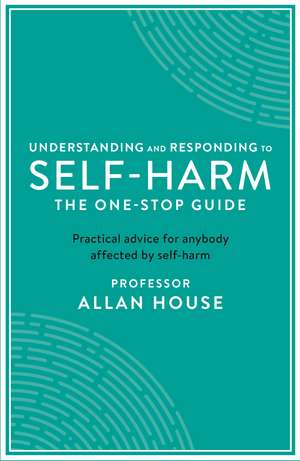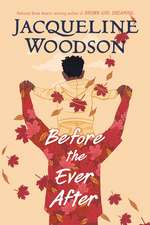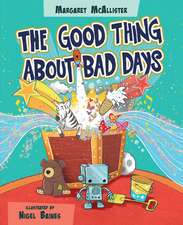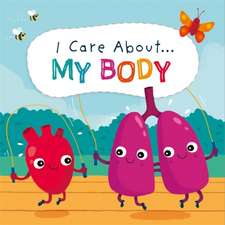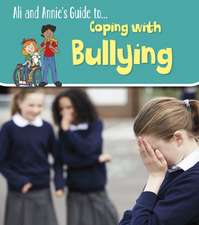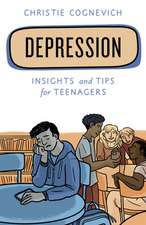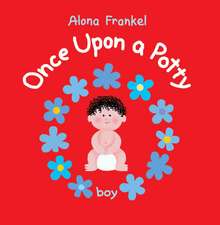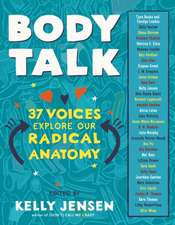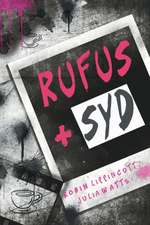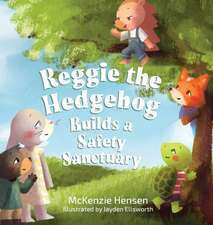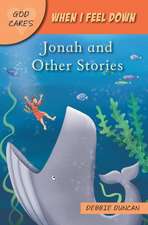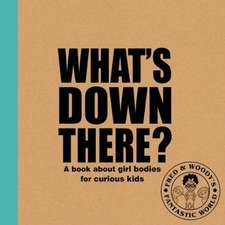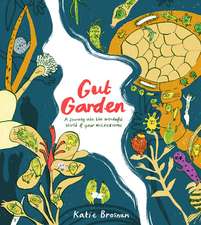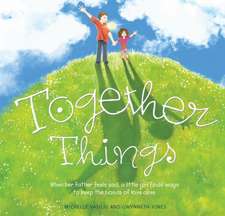Understanding and Responding to Self-Harm: The One Stop Guide: Practical Advice for Anybody Affected by Self-Harm: One Stop Guides
Autor Allan Houseen Limba Engleză Paperback – 5 iun 2019
Preț: 49.89 lei
Preț vechi: 63.06 lei
-21% Nou
Puncte Express: 75
Preț estimativ în valută:
9.55€ • 10.40$ • 8.04£
9.55€ • 10.40$ • 8.04£
Carte disponibilă
Livrare economică 02-16 aprilie
Livrare express 18-22 martie pentru 27.08 lei
Preluare comenzi: 021 569.72.76
Specificații
ISBN-13: 9781788160278
ISBN-10: 1788160274
Pagini: 192
Dimensiuni: 128 x 204 x 16 mm
Greutate: 0.18 kg
Ediția:Main
Editura: Profile
Colecția Profile Books
Seria One Stop Guides
Locul publicării:London, United Kingdom
ISBN-10: 1788160274
Pagini: 192
Dimensiuni: 128 x 204 x 16 mm
Greutate: 0.18 kg
Ediția:Main
Editura: Profile
Colecția Profile Books
Seria One Stop Guides
Locul publicării:London, United Kingdom
Notă biografică
Professor Allan House specialises in the overlap between physical and mental disorders, suicide and self-harm. He trained in medicine at St Bartholomew's Hospital in London, and is Professor of Liaison Psychiatry and Head of the Division of Psychological and Social Medicine at the University of Leeds. He serves on many expert committees and has co-authored several introductory texts for doctors.
Recenzii
This is a must-read book for anyone who has been affected by self-harm. It distils a wealth of knowledge and understanding into a jargon-free text
I haven't come across anything quite like this before - it's great. At its heart this is a self-help book for people who have harmed themselves but it is underpinned by a robust evidence base. ... The book will also help carers to understand, and health professionals to provide, the high-quality care that people deserve.
This is a must read book for anyone who has been affected or touched by self harm. It distills a wealth of knowledge and understanding into a jargon free text that explains: what self harm is? why people do it? how they can be helped? or how they can help themselves? The book's approach is simple but not simplistic. Complex psychological ideas are presented in ways that can be easily understood, and related directly to personal situations. Advice is given about when and where to seek help. Reading this book feels like listening to very good friend; a warm hearted friend who explains, understands and gives clear, thoughtful, authoritative and helpful advice. Psychiatrists can also learn a lot from reading this book, particularly the non-judgemental way it deals with human frailty.
I haven't come across anything quite like this before - it's great. At its heart this is a self-help book for people who have harmed themselves but it is underpinned by a robust evidence base. The research never gets in the way though because the book is written in such an engaging and accessible style. It contains a wealth of sensible, practical advice for getting help from family, friends, and health professionals as well as what to expect from services and what to do if you don't get what you need. Professor House also covers everything from the sometimes surprising functions of self-harm, to the unhelpfulness of diagnostic labels, through to the role of social media. The quotes from service users and clinicians keep the book firmly anchored in the real world. But this isn't just a book for people who have hurt themselves. It will also help carers to understand and health professionals to provide the high quality care that people deserve.
I haven't come across anything quite like this before - it's great. At its heart this is a self-help book for people who have harmed themselves but it is underpinned by a robust evidence base. ... The book will also help carers to understand, and health professionals to provide, the high-quality care that people deserve.
This is a must read book for anyone who has been affected or touched by self harm. It distills a wealth of knowledge and understanding into a jargon free text that explains: what self harm is? why people do it? how they can be helped? or how they can help themselves? The book's approach is simple but not simplistic. Complex psychological ideas are presented in ways that can be easily understood, and related directly to personal situations. Advice is given about when and where to seek help. Reading this book feels like listening to very good friend; a warm hearted friend who explains, understands and gives clear, thoughtful, authoritative and helpful advice. Psychiatrists can also learn a lot from reading this book, particularly the non-judgemental way it deals with human frailty.
I haven't come across anything quite like this before - it's great. At its heart this is a self-help book for people who have harmed themselves but it is underpinned by a robust evidence base. The research never gets in the way though because the book is written in such an engaging and accessible style. It contains a wealth of sensible, practical advice for getting help from family, friends, and health professionals as well as what to expect from services and what to do if you don't get what you need. Professor House also covers everything from the sometimes surprising functions of self-harm, to the unhelpfulness of diagnostic labels, through to the role of social media. The quotes from service users and clinicians keep the book firmly anchored in the real world. But this isn't just a book for people who have hurt themselves. It will also help carers to understand and health professionals to provide the high quality care that people deserve.
